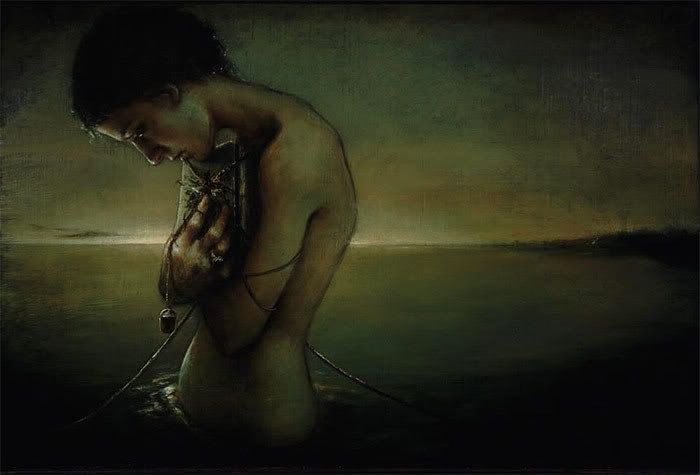
The heart that is opening to greater awareness of spiritual reality is essentially a moral heart, one that wants to love more and to share the beauty of life with all beings. Such a heart often feels discouraged in the presence of its own limitations and especially in the light of truth which shines on these limitations, showing places in the self that are not loving, that may, instead, be selfish, unforgiving, and angry.
Out of such limitations, actions are taken and words are spoken that the awakening heart deeply regrets but does not know how to prevent from happening. For in the moment of expression, these words and these actions seem to leap out of oneself unbidden, often to be regretted later on. In many challenging situations in life, the ego is quick to stand up to defend itself, seizing the moment to take revenge or to assume control in some other way. Such emotional upsurges are not looked at kindly by a loving heart, even while they are looked at as necessary or justified by the self that feels threatened, wounded, or deprived.
In the presence of such limitations, one always has a number of choices. The choice that is most light-filled is that of responsible awareness - of desiring to learn from our mistakes. It is the choice of alignment with light and with higher purpose, and leads us on the path of healing with the help of our higher being and guidance from the Divine within. This choice is often accompanied by deep regret or remorse for one's past words or actions, wishing that we could take them back. Remorse or regret, however, is not a bad thing. It is the manifestation of a longing heart that desires to do better and to be better - to love more and to be more. And whether this love is directed toward another, toward God, toward the self, or toward a situation that one lives with, the yearning to love more, accompanied by remorse is founded in love and, as such, is an impetus to growth and to the expansion of the heart.

Feeling ashamed of one's past actions, by contrast, partakes of an altogether different energy. Whereas remorse (regret) is motivated by love and by faithfulness to ideals, shame is motivated by self-righteous indignation and judgment and partakes of darkness rather than light. Shame, unlike regret, is unforgiving, creates a sense of 'badness', replaces Divine mercy, understanding, and compassion, with judgments that one has made up oneself.
Shame is a judgment of the self by the self. Unlike remorse which is rooted in love, shame is rooted in anger, accusation, and self-righteousness. Often, people who feel ashamed experience the two-foldness of judgment. Directed toward the self, judgment becomes shame; directed toward others, judgment becomes blame. Many people go back and forth between these two polarities.
In the presence of mistakes, unkind words, incorrect actions, and other ways of being that one retrospectively finds lacking, it is important to assume that one is a learner - a learner about love - and to meet the situation with remorse rather than shame. Remorse and regret keep the heart open to ways of loving better. They also allow for the necessary humility to continue learning, knowing that mistakes will be made again and again as learning progresses.
With an open heart, willing to learn, all limitations can be embraced with compassion, and all shame can disappear. This is the way of the Divine within the human, it is the way of spiritual progress, and it is the way of love which holds compassion for all, including and most essentially the self.
{Julie Redstone}


No comments:
Post a Comment